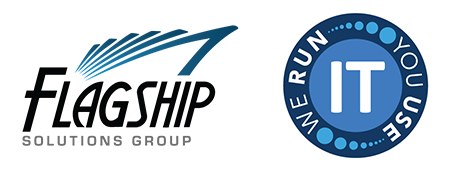When considering cloud, your server technology is a critical component driven by your workload needs and type of cloud environment you need (public, private or hybrid). This blog will discuss when bare metal servers are the correct choice.
Do you dare go bare?
A bare metal environment is installed directly on physical hardware managed by a cloud service provider. This is a dedicated physical server, not shared with any other organizations. With bare metal, you get the same advantages of traditional dedicated servers located behind your firewall, but without the operational expense of owning in-house equipment.
In addition to significant hardware expense reduction, bare metal servers are deployed on demand and billed based on usage. Some service providers bill hourly or even in five-minute increments. Pay-as-you-go has proven extremely cost affective for many companies.
Performance is generally better with a dedicated bare metal cloud versus a virtual server. A traditional virtualized cloud environment requires a hypervisor layer that consumes an enormous amount of a server’s processing power. The hypervisor layer is not needed in a bare metal environment because it is dedicated and resources are not being shared. As a result, the bare metal server’s processing power is available to the workloads, providing better performance than a similar virtualized server.
One last benefit of bare metal. Bare metal cloud resources can be provisioned in a matter of minutes. When applications or test environments need to be added, users typically can access a self-service portal and request the additional server space. The cloud service provider can turn the request around almost immediately.
When is bare metal best?
SoftLayer, a premier provider of bare metal servers, states that bare metal servers “provide the raw horsepower you demand for your processor-intensive and disk I/O-intensive workloads.” (SoftLayer, November 2015) Data-intensive workloads that demand performance and reliability are best for bare metal. Users can custom-design the hardware specific to their applications and experience roughly four times greater performance than traditional virtual machine clouds. Applications and workloads that require direct access to physical hardware, such as databases and calculation-intensive applications, benefit from the performance of bare metal clouds. Workloads that should not be virtualized and should not exist in a multi-tenant environment are ideal for bare metal clouds.
Final thoughts on bare metal:
The other option when considering cloud server technology is the dedicated virtual server. As mentioned above, this option is a multi-tenant scenario and requires a hypervisor. Each physical server is being shared by many users. This brings security issues as well as performance issues. Therefore, if your cloud computing needs require powerful processing and complicated analysis, bare metal is the best choice.
About SoftLayer:
Flagship Solutions Group partners with SoftLayer to offer bare metal solutions for your workloads. SoftLayer was one of the innovators in bare-metal cloud and was acquired by IBM in 2013. SoftLayer has the largest network of data centers of the current bare-metal providers, with approximately 21 locations in the Americas, Europe, and Asia. This combined with the expertise of Flagship’s cloud management team, creates a successful cloud environment for you.
Schedule a consultation today to learn more about how Flagship and SoftLayer can make a difference for your business.
Stay connected online:

